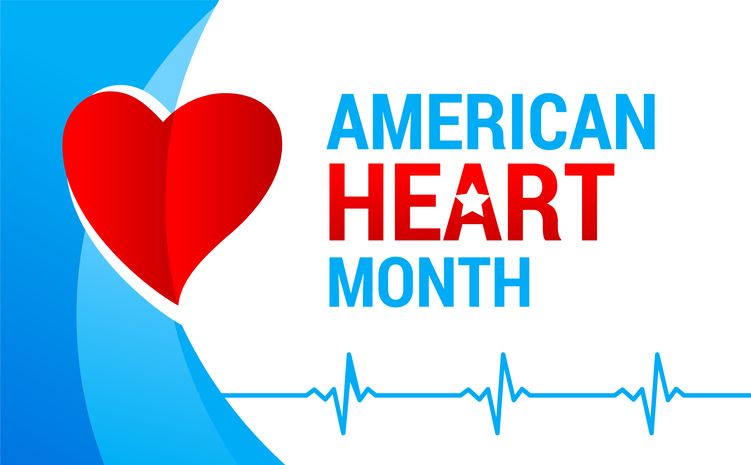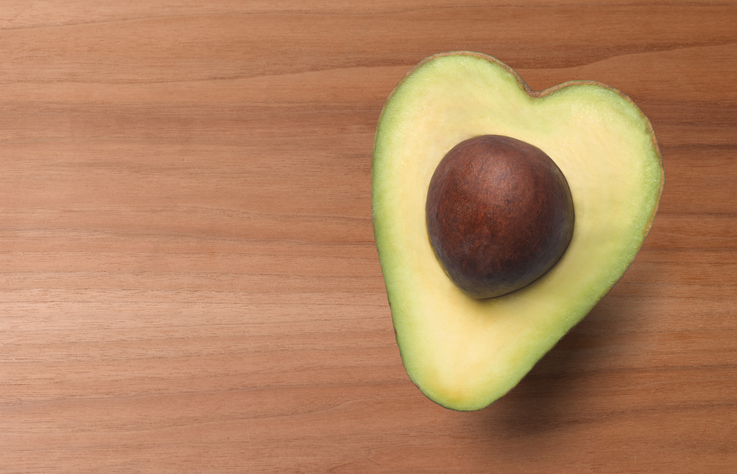It’s Time to Really Take Things to ‘HEART’

By Joy Stephenson-Laws, JD, Founder
March is quickly approaching, which means Heart Month is almost over. The work, however, to keep our hearts healthy is never over. Heart disease is the leading cause of death in both American women and men. We must be proactive. Here’s what you can take to ‘HEART’ to help guide you along the way.
H = Home Blood Pressure Monioring
E = Eating Healthily
A = Aerobic Exercise
R = Rest
T = Testing of Nutrients
Home Blood Pressure Monitoring
Having high blood pressure (hypertension) significantly increases the chance of developing heart disease and having a heart attack or stroke. One of the biggest challenges is that so many people do in fact have hypertension or are prehypertensive but don’t even know it. Furthermore, it is possible to not experience symptoms but have chronically elevated blood pressure still damage the heart. This is why home blood pressure monitoring is key. It’s very accessible and can save lives. Check out this pH Labs blog to learn more.

Eating Healthily
According to a study from just a few years ago, more than two-thirds of heart disease-related deaths worldwide were attributed to diet. The researchers even estimated that six million deaths could have been avoided if people had made better food choices.
Avoid fast food and other processed foods as much as possible. These foods do not provide heart health-promoting nutrients such as magnesium, calcium and potassium. In addition to this, these foods promote inflammation and often lead to excessive weight gain which both greatly increase the risk of developing hypertension and heart disease.
You can eat healthily and make both your heart and taste buds happy. The Mediterranean diet, for example, is full of heart healthy and delicious foods such as salmon, nuts, avocado and berries.
Aerobic Exercise
Aerobic (also called cardio) exercise gets the heart pumping and helps strengthen the heart muscle. This form of exercise may also help lower blood pressure. Jumping rope, running, cycling, rowing, dancing and power walking are all considered to be kinds of aerobic exercise. Pick something you enjoy. Fuel your body properly both before and after doing your cardio.

Rest
People often underestimate the power of rest and recovery. Sleep, of course, is the ultimate form of rest and recovery. If you want to have a healthy heart, it is very important to get good quality sleep every night. Not getting enough quality sleep can increase the risk of developing high blood pressure. It can also lead to more stress, which can lead to more weight gain, which can then lead to heart disease. As with most things regarding our health, there is a snowball effect with the things that can cause harm. So we must be proactive and get ahead of the snowball getting bigger (or even forming at all in the first place).
Testing of Nutrients
If you have to have heart surgery, you should most definitely ask your doctor about a pre-op nutrition test. Everyone should also get in the habit of taking routine nutrient tests in order to identify any nutrient imbalances or deficiencies. You want to make sure your body has the proper amounts of those heart-healthy nutrients (magnesium, calcium, sodium, potassium). If necessary, a competent healthcare professional can work with you regarding making the necessary dietary changes and recommend quality supplements if necessary.
Heart Month is almost over, but every month and every day we have the opportunity to take care of our precious hearts.
Enjoy your healthy life!
Disclaimer: This article is not intended to provide medical advice. Please consult with your doctor or another competent healthcare practitioner to get specific medical advice for your situation.
The pH professional health care team includes recognized experts from a variety of health care and related disciplines, including physicians, attorneys, nutritionists, nurses, and certified fitness instructors. This team also includes the members of the pH Medical Advisory Board, which constantly monitors all pH programs, products, and services. To learn more about the pH Medical Advisory Board, click here.







